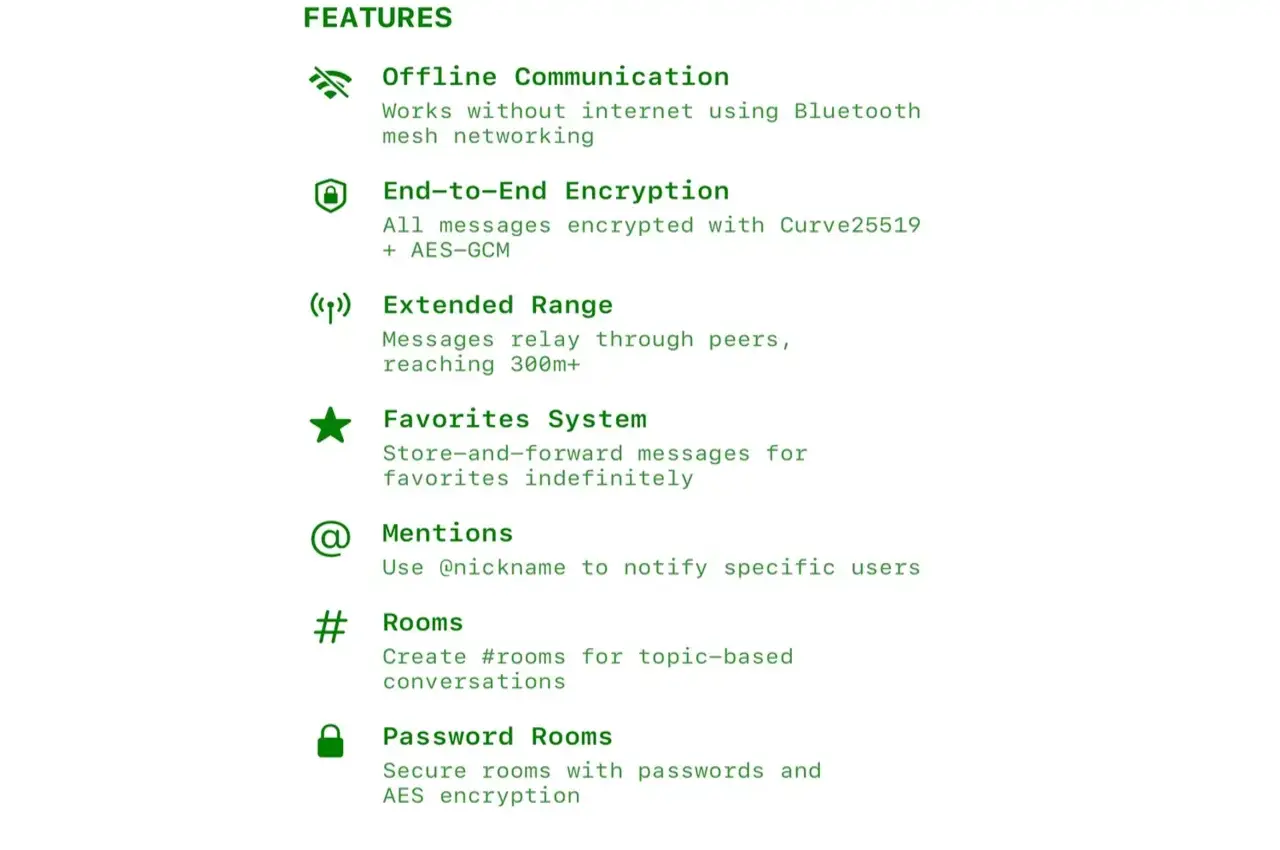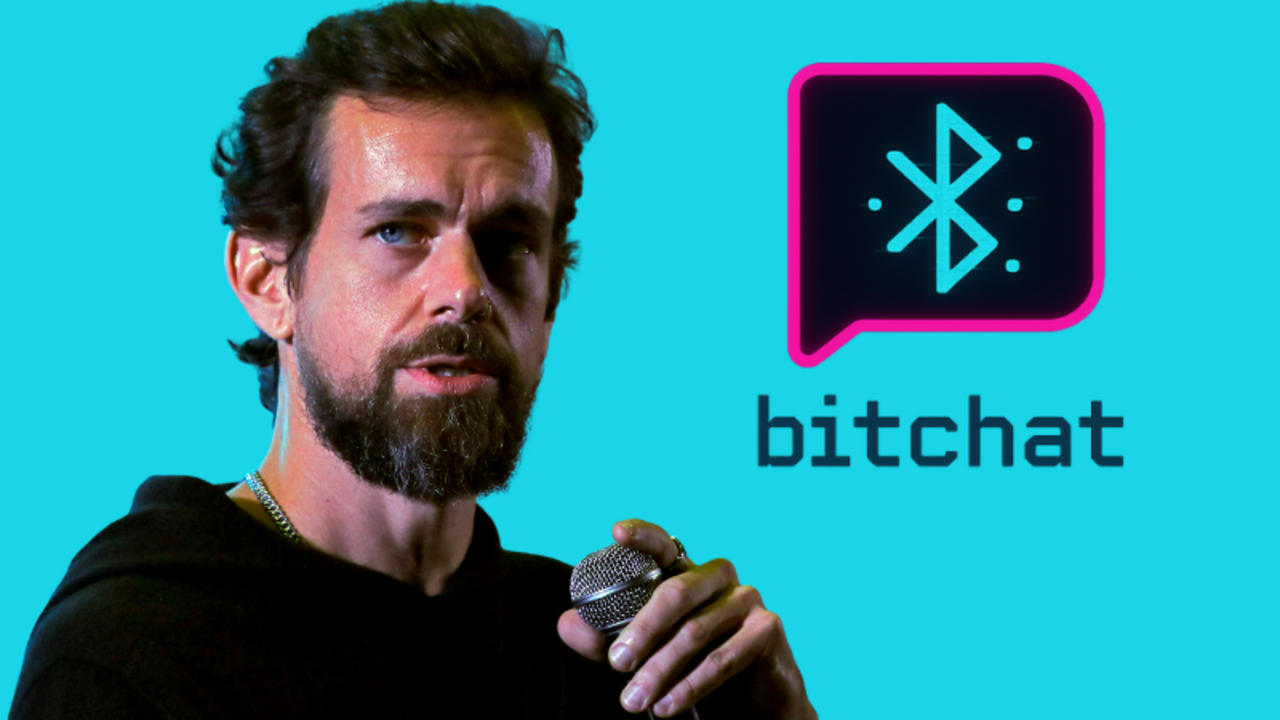Twitter founder and Block CEO Jack Dorsey announced Bitchat, a new messaging app that works without an internet connection. The app draws attention with its completely decentralized structure and offers its users a censorship-free, identity-free and untrackable communication network. Bitchat, which is in beta, provides communication via Bluetooth Low Energy (BLE) technology and allows messages to be transferred from device to device without being connected to any server.
Bitchat, which does not require an internet connection, was announced
Dorsey stated in a statement he made on X (formerly Twitter) that the system resembles old IRC-based structures. Bitchat uses Bluetooth mesh technology to activate each device as both a sender and a router.
In this way, messages can be transmitted even to remote devices that cannot be directly connected. Thanks to this structure, messages can be delivered to the target via other devices in the vicinity, even if the users cannot see each other. The connection range of up to approximately 30 meters can be extended with transition devices called “bridge nodes”.

Messages are encrypted according to private, group or broadcast type and sent. Large data is divided into 500-byte pieces. Data is only temporarily kept in the device memory. Since no server is used, there is no central data recording or user tracking.
No e-mail, phone number or account creation process is required to join the system. This infrastructure, combined with end-to-end encryption support, offers a remarkable alternative for users who prioritize privacy.
Bitchat’s practical use areas are also directly dependent on this infrastructure. In disaster zones where the internet is inaccessible or unreliable, protests, crowded events or censorship practices are implemented, Bitchat can provide uninterrupted and untraceable communication.
The system also supports encrypted group chats, hashtag-based chat rooms and message transmission to offline devices. Thanks to the feature defined as “store and forward”, a message can be temporarily kept in the device memory and automatically transmitted when the target device joins the network.
Dorsey’s vision is not limited to an application that works only over Bluetooth. According to the technical document shared on Github, WiFi support will also be integrated in the future. In this way, higher data transfer capacity will be provided and the application will be able to meet not only text-based messaging but also wider data transfer needs.













